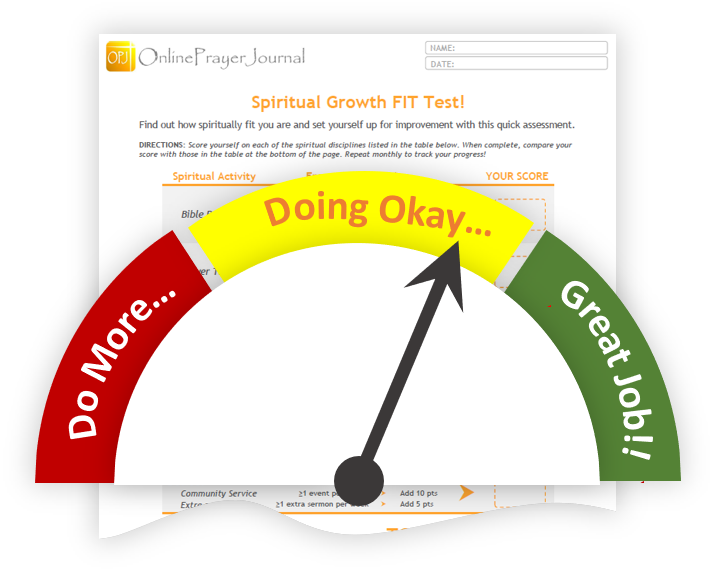James 1:19 - "...Everyone should be quick to listen, slow to speak, and slow to become angry"

You are not alone. Many of us struggle with this emotion. So why is that?
The reality is that anger is one of the emotions that God gave us. As such, it cannot be inherently bad. In fact, you will often hear people talk about how even Jesus got angry!
However, under close examination, Jesus' anger was only exhibited as "righteous" anger. The few times he exhibited anger were related to His response to the distortions of the institution of religion during His time on earth.
If you try to come up with examples from our day, you might experience righteous anger at the injustices in our world. Brandon Cox highlights 3 Things That Christians Should be Angry About Today (including trafficking, persecution, and disease). It should be reasonable to argue that anger about such things serves to motivate you to work for their improvement. Thus, you can see at least part of the purpose of anger as God designed it.
Unfortunately, if you are like most people, rarely does your anger tend to be of the "righteous" type! Rather, most anger tends to be a secondary emotion, meaning it masks some other issue. That issue can often be related to the selfishness in your heart. For example, you may find yourself angry with your kids because your pride is bruised when they do not listen to you. Or you may find yourself angry with your spouse when they don't meet your expectations for intimacy.
So how can we better separate justified and unjustified anger?
This verse from James is an excellent place to start! It gives you something actionable to apply while you are bombarded with opportunities to get this wrong. Specifically, this verse recommends that you apply a "buffer zone" between the event that might trigger anger response and your response.
Being "quick to listen", you take a moment to view the situation through another person's eyes. Rather than justifying your own position at the risk of being irrational, you at least take a moment to consider any validity from the other side.
Being "slow to speak", you take pause before your reflex response spills out of your mouths. Have you ever said things out of anger that you later regret... Me too! How helpful to have a method to avoid these regrets!
The result of improved listening and thoughtful speech is that you will become "slow to become angry". You will present a measured and much more appropriate response to any potentially volatile situation. When applied routinely, you will have less anger overall and when you are angry, it is more often of the RIGHTEOUS type!
Please share your own successes with this verse in the comments section below...



